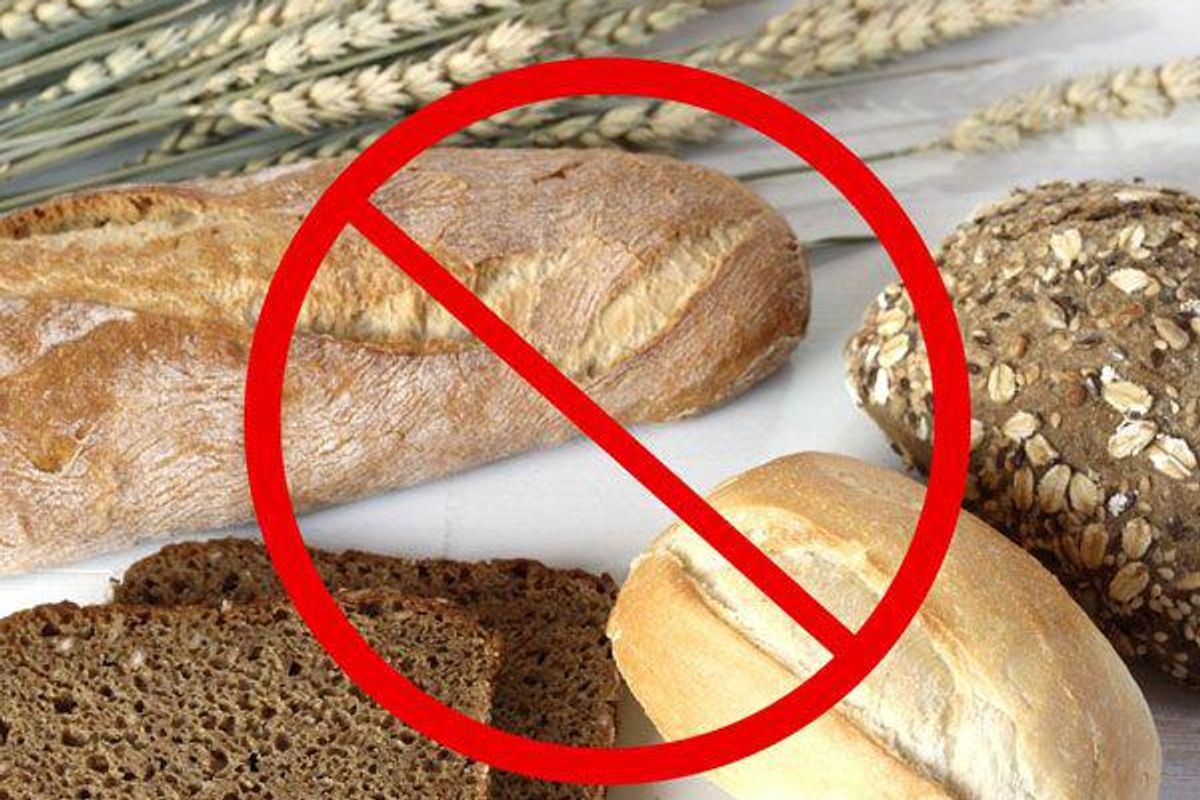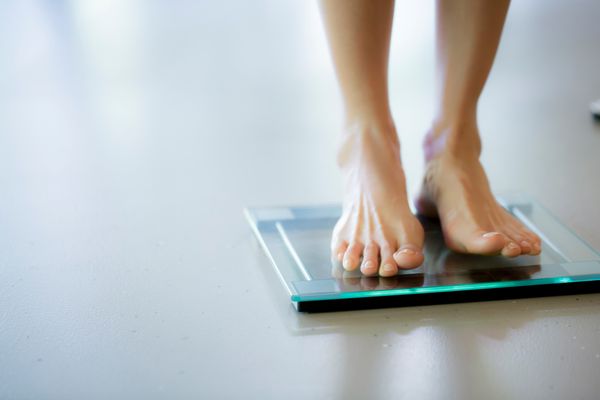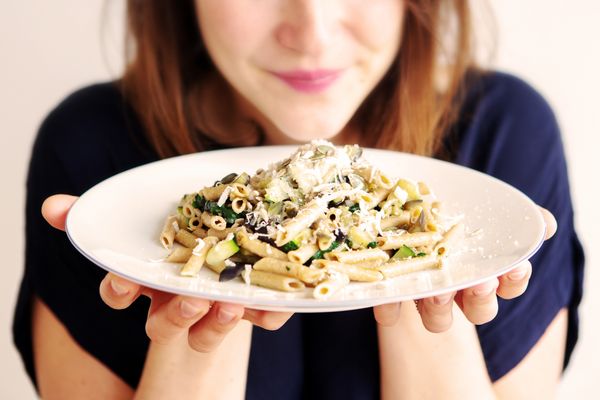I have a huge snacking problem. Chips, crackers, pizza—you name it, and I'm probably snacking on it. I'm especially fond of snacks made from refined and processed carbohydrates.
These foods were making me gain weight and feel tired. And it's no wonder, because refined grains (like white bread and crackers made with processed flour) spike the body's insulin levels. Higher insulin levels can make you feel tired.
I decided to eliminate bread products for one month and see if I would lose weight and feel better. Here are highlights of my experience:
- Bread is everywhere. You don't realize how much bread and other wheat products you eat every day until you stop cold turkey. The products I decided to swear off included: grain-based products such as pita chips, cookies, pasta, pizza, croutons and cakes.
- I don't need bread to feel satisfied. During the one-month challenge, one of my favorite pasta alternatives was cooked spaghetti squash with turkey Bolognese. At first, I thought that "squash noodles" would taste awful, but the hearty Bolognese sauce made a surprisingly good dish. I also tried cauliflower pizzas, creating a crust of cooked, grated cauliflower and egg. I also ate a lot more fruits, veggies and lean protein in place of my favorite snacks. Not a bad trade-off! Here are some of the great recipes I tried:
Bolognese Served Over Spaghetti Squash
Low-Carb Cauliflower Pizza
Shepherd's Pie
- Eliminating bread products helped me drop pounds and gain energy. After one month, my boyfriend and I each lost significant amounts of weight.
However, it's important to remember that grains provide important vitamins and minerals that you shouldn't completely eliminate from your diet. The Scientific Report for the 2015 Dietary Guidelines recommends "that a healthy dietary pattern is higher in vegetables, fruits, whole grains, low- or non-fat dairy, seafood, legumes, and nuts; moderate in alcohol (among adults); lower in red and processed meats; and low in sugar-sweetened foods and drinks and refined grains." The key words here are higher in whole grains and lower in refined grains.
Studies also have shown that gluten-free diets that eliminate all foods containing wheat are generally not beneficial to people who do not have Celiac disease or a gluten-intolerance. They may help you lose weight in the short-term, because they're restricting the types of food available to you, but evidence indicates diets that strictly limit carbohydrates (or emphasize high-protein) may not be effective or safe over the long term.
The 2010 Dietary Guidelines for Americans recommend a balanced diet that includes 45 percent of daily calories from carbohydrates.
The key for most people is to watch what kinds of carbohydrates you consume. Reduce or eliminate white breads and pastas made with processed, refined wheat flours, as well as crackers and cookies made with processed flours and sugars. Replace those carbs with healthy, hearty alternatives like the carbohydrates found in fruits, vegetables and whole-grain products, like brown rice and whole-grain breads and pastas. These contain the fiber and essential nutrients your body needs.







